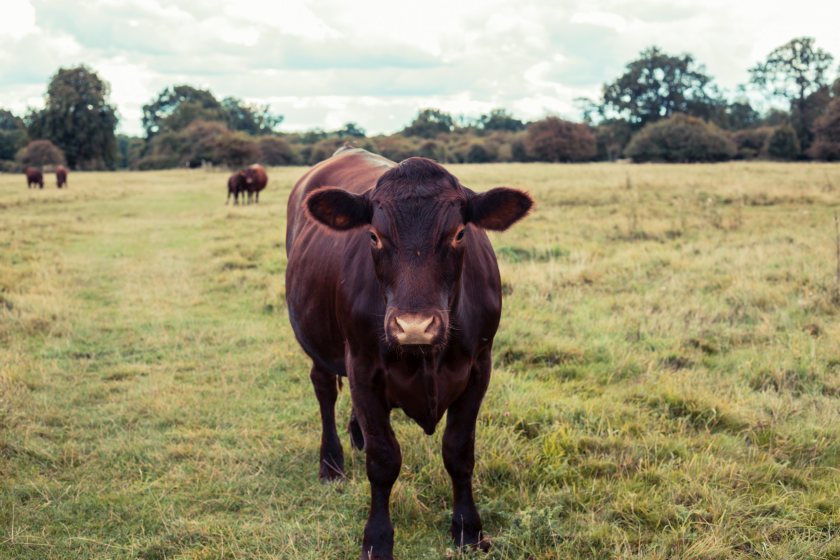Bluetongue outbreak prompts 'control zone' in Monmouthshire

A Temporary Control Zone (TCZ) has been declared in Monmouthshire after bluetongue (BTV-3) was confirmed on a cattle farm near Chepstow.
Welsh officials say the move is vital to curb the spread of the virus, which poses a serious threat to livestock but does not affect people or food safety.
The chief veterinary officer (CVO) for Wales, Richard Irvine, confirmed that the control zone came into force from 1 October following evidence that the virus is actively circulating on the farm.
A single cow initially tested positive last week after a veterinary surgeon reported clinical signs of the disease to the Animal and Plant Health Agency (APHA). Further investigations by APHA and the Pirbright Institute later confirmed ongoing transmission on site.
The TCZ will restrict livestock movements and enable further surveillance within the area. The affected premises remains under separate restrictions.
Bluetongue, spread mainly through biting midges, can also be transmitted by the movement of infected animals. It affects cattle, sheep, goats, deer and camelids such as alpacas and llamas.
Richard Irvine said: “We have put in place this temporary control zone to help prevent the spread of bluetongue in Wales. This is because we have clear evidence of active midge-borne transmission of BTV-3 infection following further investigations at the affected farm near Chepstow, Monmouthshire.”
He urged farmers to be alert to the risks: “I urge animal keepers to continue to be vigilant for the signs of the disease, source stock responsibly and report any suspect cases to the APHA immediately.
"Vaccination is the best way to protect livestock and livelihoods from the worst impacts of this potentially devastating disease. If you’re an animal keeper I would urge you to discuss bluetongue vaccination with your vet now.”
Two further cases of BTV-3 were confirmed on 30 September in Powys, at farms near Llangammarch Wells and Gladestry. A single cow tested positive at each location, and both animals will be culled in line with the UK’s Bluetongue control strategy.
Bluetongue has been spreading in parts of northern Europe in recent years, with outbreaks recorded in the Netherlands, Belgium and Germany. Officials fear midge-borne transmission could increase as warmer weather extends the insects’ range.
Deputy First Minister and Cabinet Secretary for Rural Affairs, Huw Irranca-Davies, said the joint efforts of government and industry had delayed the arrival of the disease in Wales, giving farmers valuable time to prepare.
“Our success to this point has been crucial in buying our farmers the time they needed to vaccinate their animals and prepare for bluetongue,” he said.
“Everyone needs to now play their part and help manage where bluetongue disease is appearing. We must continue to work hard together to protect our Welsh livestock sectors from this potentially devastating disease.”
Farmers in England are also being reminded to stay alert after the BTV-8 strain was detected in a sheep near Launceston, Cornwall — the first case of this strain in the UK for 17 years.
APHA confirmed the case on 26 September following reports of “suspicious clinical signs”. Movements on and off the farm are now being traced and tested to prevent further spread.








